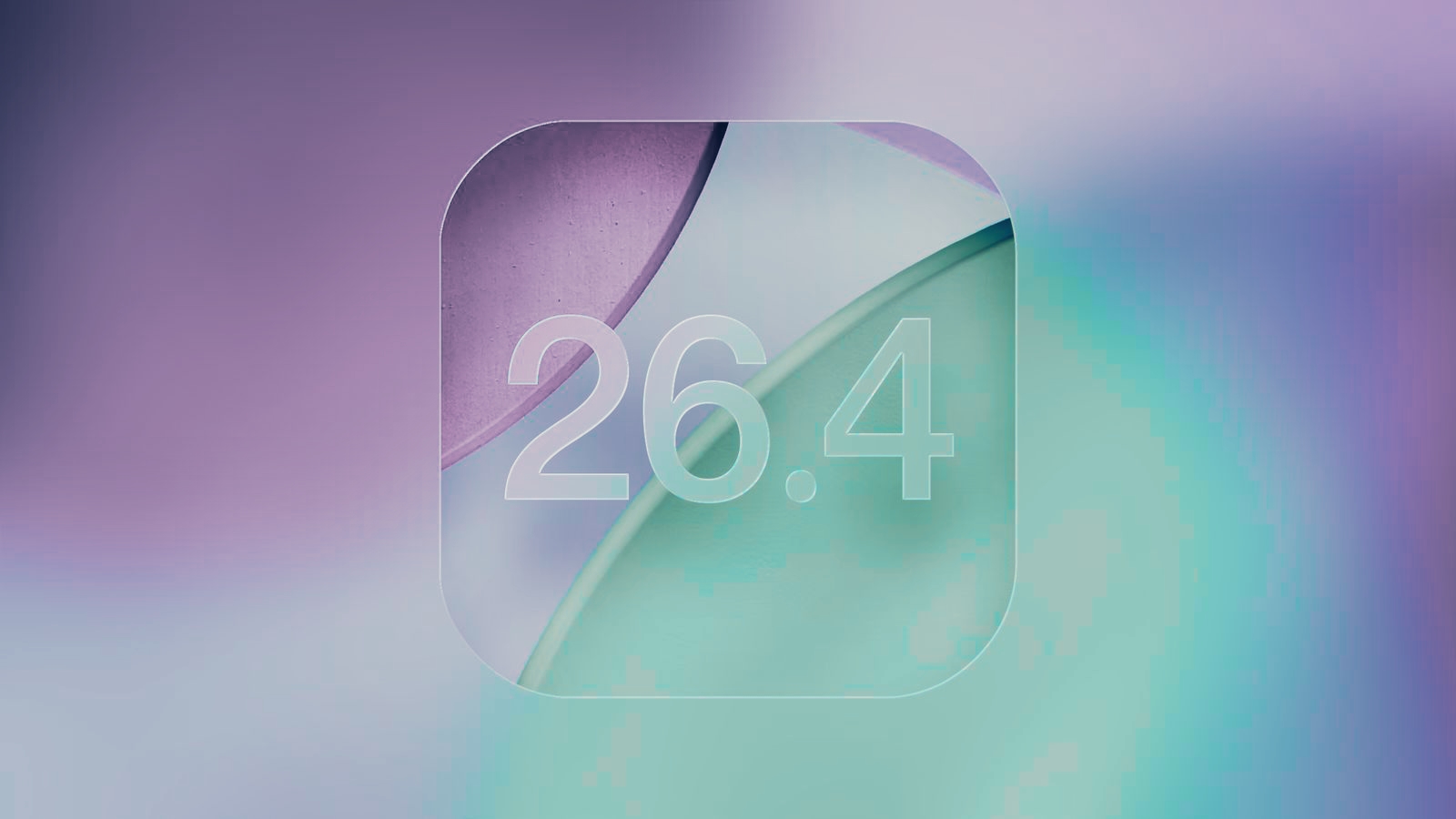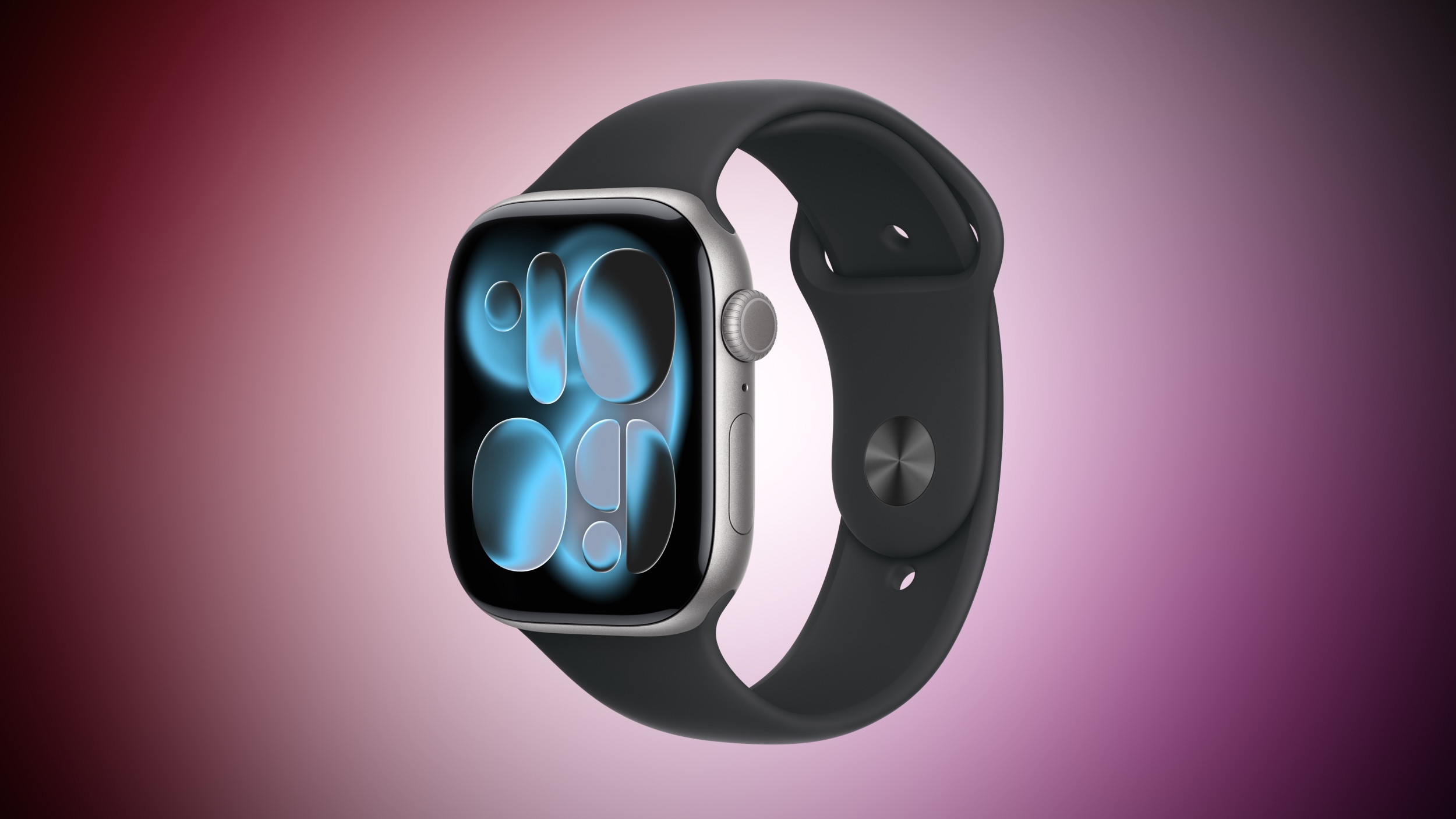|
 Apple today seeded the third betas of upcoming iOS 26.4 and iPadOS 26.4 updates to developers for testing purposes, with the software coming a week after Apple provided the second beta to developers. Apple today seeded the third betas of upcoming iOS 26.4 and iPadOS 26.4 updates to developers for testing purposes, with the software coming a week after Apple provided the second beta to developers.
|
|
 Apple has unveiled the iPhone 17e, with key upgrades over the iPhone 16e including the A19 chip, MagSafe, and the Ceramic Shield 2 for a more scratch-resistant screen. The device also has Apple's latest C1X modem for faster 5G, a doubled 256GB of base storage, and a new Soft Pink color option alongside White and Black. Apple has unveiled the iPhone 17e, with key upgrades over the iPhone 16e including the A19 chip, MagSafe, and the Ceramic Shield 2 for a more scratch-resistant screen. The device also has Apple's latest C1X modem for faster 5G, a doubled 256GB of base storage, and a new Soft Pink color option alongside White and Black.
|
|
The company started seeing increased errors with its flagship AI service Monday.
|
|
 Amazon this week has all-time low prices on the Apple Watch Series 11, with $100 discounts across numerous models of the smartwatch. We first started tracking the return of these deals about a week ago, but this sale has now expanded with many more options on both 42mm and 46mm GPS models. Amazon this week has all-time low prices on the Apple Watch Series 11, with $100 discounts across numerous models of the smartwatch. We first started tracking the return of these deals about a week ago, but this sale has now expanded with many more options on both 42mm and 46mm GPS models.
|
|
